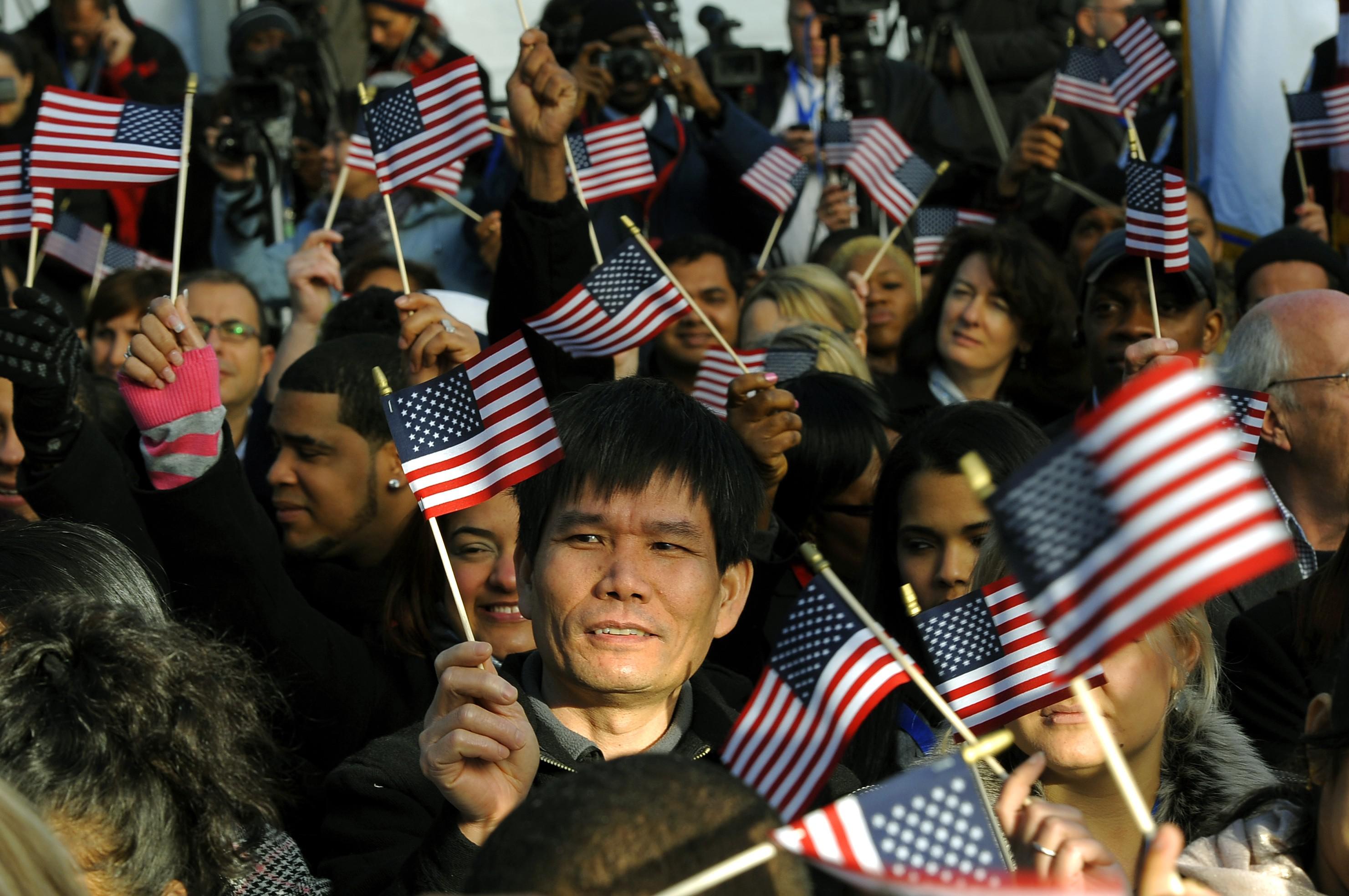For decades, immigrants arriving on U.S. soil have welcomed their new country by adopting a fresh and more American-sounding name—popular choices included William, John, Charles, and George. Whether they knew it or not at the time, that assimilation did more than help them fit in around the neighborhood.
Changing a name from purely foreign to a very common American one is linked to a 14 percent jump in earnings, according to a recent paper, “The Economic Payoff of Name Americanization,” cited by the Economist. The more uncommon the original name and the more typical the new American name, the higher the payoff.
The study is not the first to draw ties between people’s names and the salaries they earn. The Economist notes that “a number of studies show that having an ‘ethnic-sounding’ name tends to disadvantage job applicants.” A 2013 analysis of data from today’s labor market by job search website TheLadders concluded that people who go by shorter names at work tend to earn more money. For monikers as similar as Sara and Sarah, Michele and Michelle, and Philip and Phillip, each additional letter correlated with a $3,600 drop in annual salary.
In “The Economic Payoff of Name Americanization,” the authors find that immigrants who faced major obstacles in the labor market—for example, few employable skills or a high degree of discrimination—were more likely to Americanize their names. By 1930, roughly one-third of naturalizing immigrants had forsaken their first name for a popular American one.
The authors interpret this finding as a sign that when occupational mobility was limited, “migrants adopted alternative strategies to climb the occupational ladder.” In other words, they changed their names to achieve not only cultural, but also economic success.
